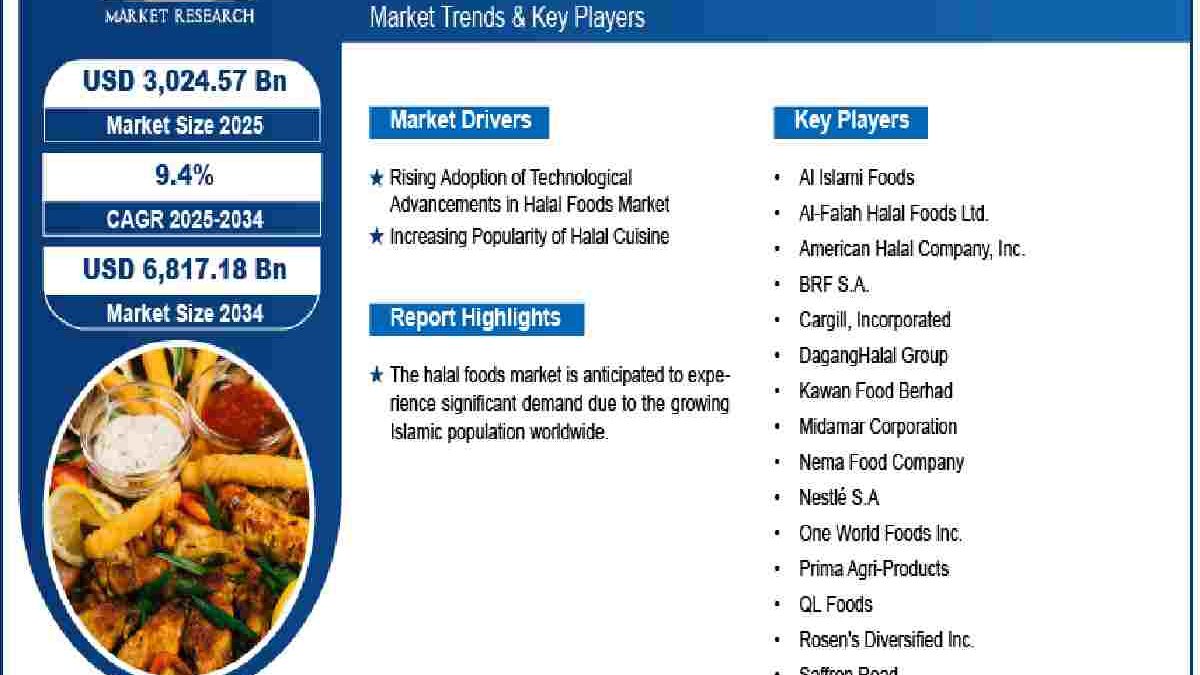Table of Contents
What is a Halal Product?
Halal Product – Halal means “permissible” in Arabic and defines what is permitted by Islamic law. Halal is most recognized for its food application, but it also applies to cosmetics, pharmaceuticals, and business practices. For cosmetics, some products are of more significant concern. Lipstick, for example, can be consumed unintentionally while eating or drinking, so Muslim consumers may need to research its ingredients carefully. Halal consumers are also looking for alcohol-free perfumes because perfumes can accidentally inhale, and Muslim dietary law prohibits the ingestion of intoxicants.
What are Halal Products?
“Halal” means permissible in Arabic. A halal product is one that meets Islamic dietary and ethical laws, ensuring it is safe, clean, and lawful for Muslim consumers.
Requirements for Halal Certification
-
🐄 Animal products → Must be slaughtered according to Islamic law
-
🌱 Ingredients → No alcohol, pork, or harmful additives
-
🏭 Manufacturing → Equipment should be free from cross-contamination
-
📑 Certification → Verified by a recognized halal authority
Rising Global Demand
The global halal market is growing rapidly due to:
-
🌍 Increasing Muslim population
-
🛒 Demand for ethical & safe food
-
💄 Expansion into cosmetics, pharmaceuticals, and lifestyle products
Popular Halal-certified Brands
-
Nestlé
-
KFC (in select regions)
-
Amara Halal Cosmetics
-
Halal Pharma
Which Product Category Should Show Strong Growth?
The adoption and penetration of Halal cosmetics are high both in volume and value. However, halal skin care products expect to grow strongly during the forecast period as their adoption rapidly increases. Since skin care is integral to the daily routine, men and women also demand halal skin care products.
Conclusion
The Muslim consumer market is multiplying, fueled by a growing population that is more ethnically, geographically and economically diverse than ever. Product-conscious young Muslims are driving this demand for halal cosmetics.

